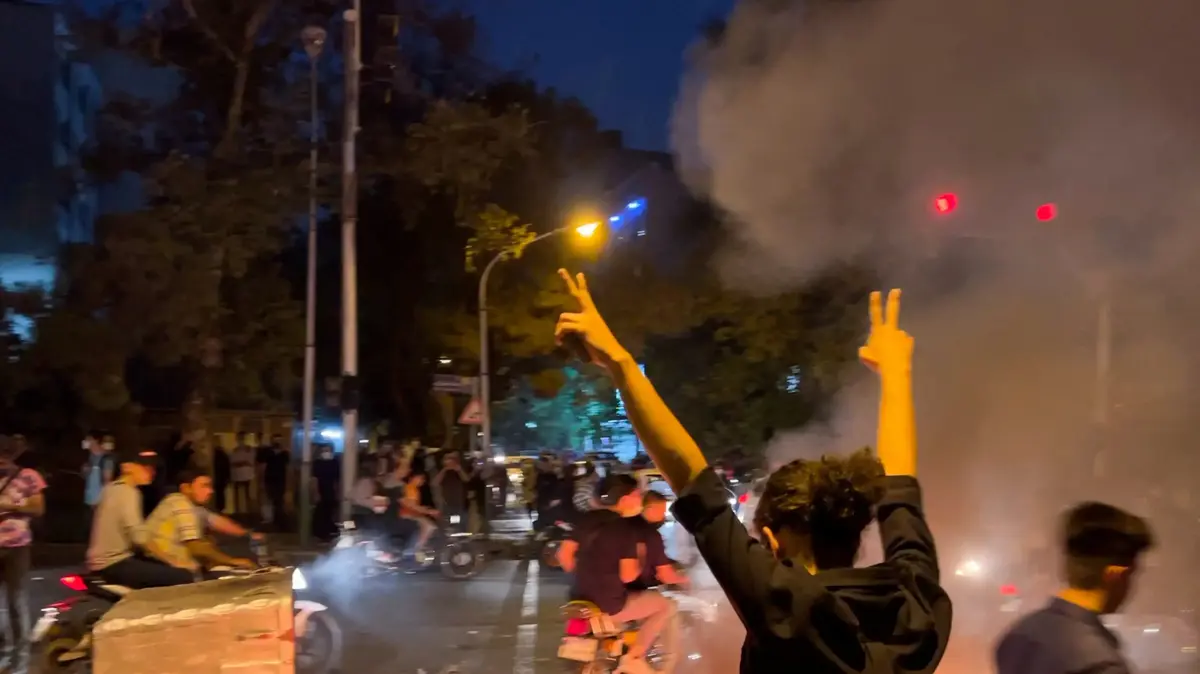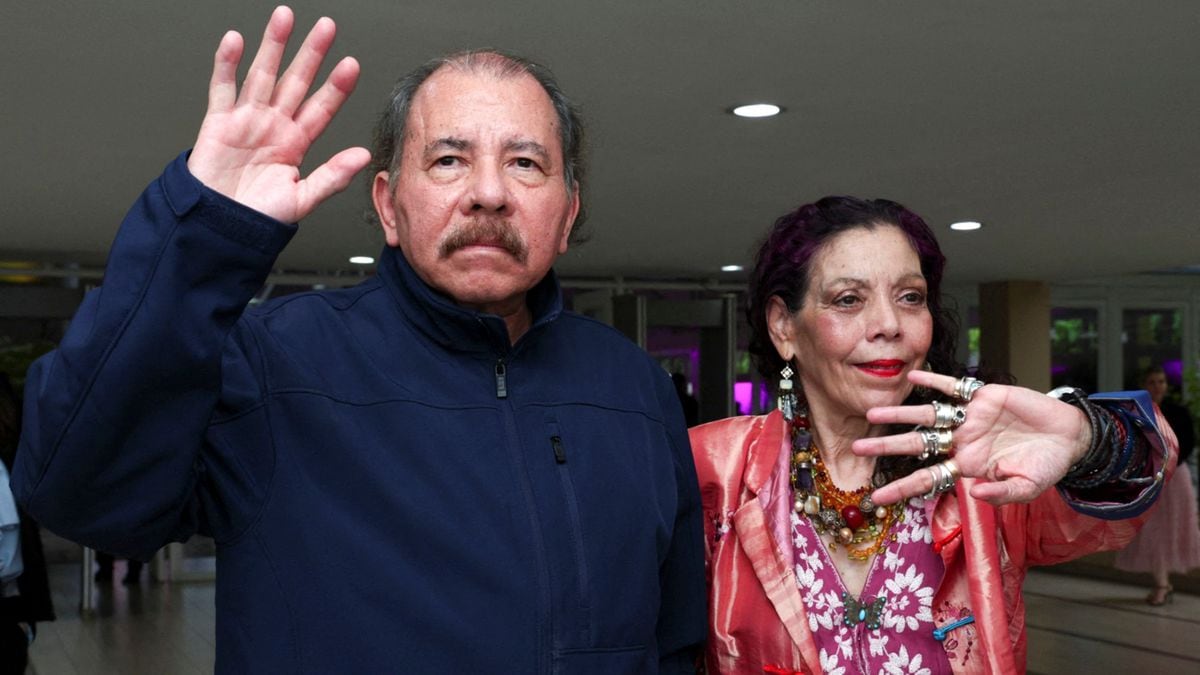The Dutch Foreign Minister, Stef Blok, in The Hague, last Monday.SEM VAN DER WAL / EFE
The Government of the Netherlands considers Syria responsible for “serious human rights violations” committed by the Bashar al-Assad regime, and is ready to go to international justice for their punishment.
This was announced this Friday by the Ministry of Foreign Affairs in a note signed by its head, the right-wing liberal Stef Blok, who calls for negotiating a way to end the violence.
If an agreement is not reached between the parties, the case would be raised "to an international court," reflected in the text.
Although Blok does not specify what it would be, he does take as a legal basis the Convention against Torture, adopted by the UN in 1984, so that it is not ruled out that the litigation could end up in the United Nations International Court of Justice (TIJ) itself.
To date, attempts to bring Assad before the International Criminal Court (ICC), charged in his case with trying genocide and war crimes and crimes against humanity, have been unsuccessful because they have collided with the veto of Russia and China in the UN Security Council.
“The Assad regime has repeatedly committed horrific crimes, including torture, and the evidence is overwhelming.
There have to be consequences ”, says the letter from Minister Blok, published on the official website of the Dutch Government.
Damascus has been informed of the decision through diplomatic channels, and the letter invites El Asad to a negotiation, "which is the first step to resolve a dispute." If not, the minister then proposes to go to arbitration, and the Permanent Court Arbitration, based in The Hague, like the TIJ, can put the infrastructure in place. Both parties should then agree on the composition of the tribunal and its procedure. If that also fails, "The Netherlands will refer the case to an international tribunal (…) only there will be a lasting political solution for Syria if impunity ends (…) the victims must obtain justice and we are looking for it, pointing out the perpetrators of these crimes, "writes Blok. Then he includes the figures of the human cost of the violence perpetrated. in Syria, which has added 200,000 civilians killed in the last decade, another 100,000 missing: more than six million displaced within their own land and 5.5 million fled to neighboring countries, Europe and other destinations. "
moan of El Assad has not hesitated to be harsh with its population using torture and chemical weapons, and bombing hospitals ”, it is added.
Article 30 of the Convention against Torture, ratified by both States, details the legal route described by the Dutch Foreign Department in the Syrian issue, “and there is a precedent for a similar use of this treaty in the UN Court of Justice : the case of Belgium against Senegal, in 2012 ”, says Asier Garrido Muñoz, professor of Public International Law at the University of The Hague for Applied Sciences.
“He was referring to the fact that Senegal had not tried Hissène Habré [former President of Chad who received political asylum from the Senegalese Government] for acts committed during his presidency, including torture.
Or if he had not been extradited to Belgium (where he was accused and there was a universal jurisdiction law).
By not doing so, Senegal had violated the Convention against Torture, with obvious differences between the two cases as they were very different situations ”, he adds, in a telephone conversation.
The UN judges ordered Senegal to try Habré, and he ended up being tried there in 2016 and sentenced to life in prison for war crimes.
The case of Syria and the International Criminal Court is different.
Syria has not ratified the Rome Statute, the founding text of the court, and it therefore lacks jurisdiction to try crimes that may have been committed there.
The Statute itself indicates that the UN Security Council could refer the case, but Russia and China voted in 2014 against a proposed resolution, which called for an investigation into war crimes perpetrated on Syrian soil.

/cloudfront-eu-central-1.images.arcpublishing.com/prisa/UKC3S3UZNVDG3AZAJOMZQFHT3Y.aspx)






/cloudfront-eu-central-1.images.arcpublishing.com/prisa/GQ7AFCK2OMNDZLULOZ7T5JPACM.jpg)
